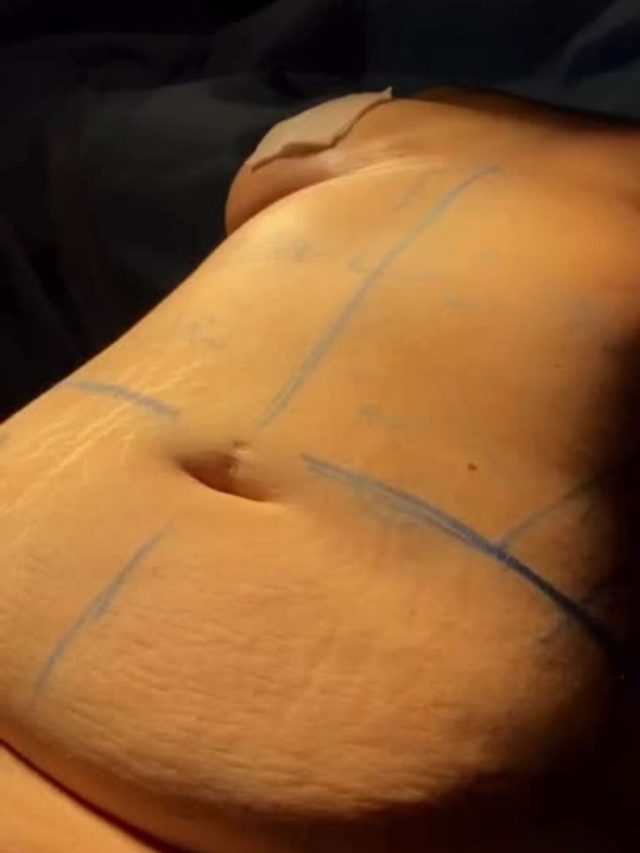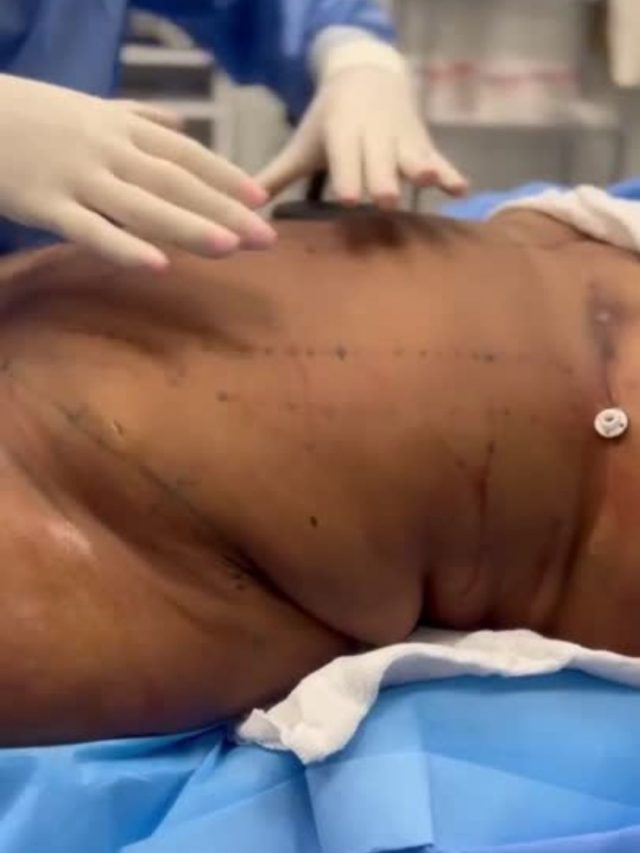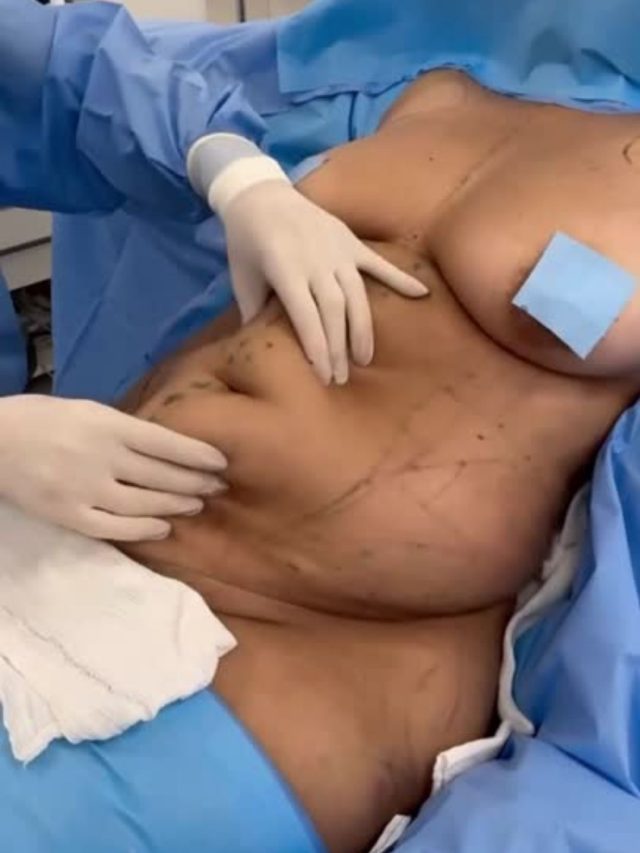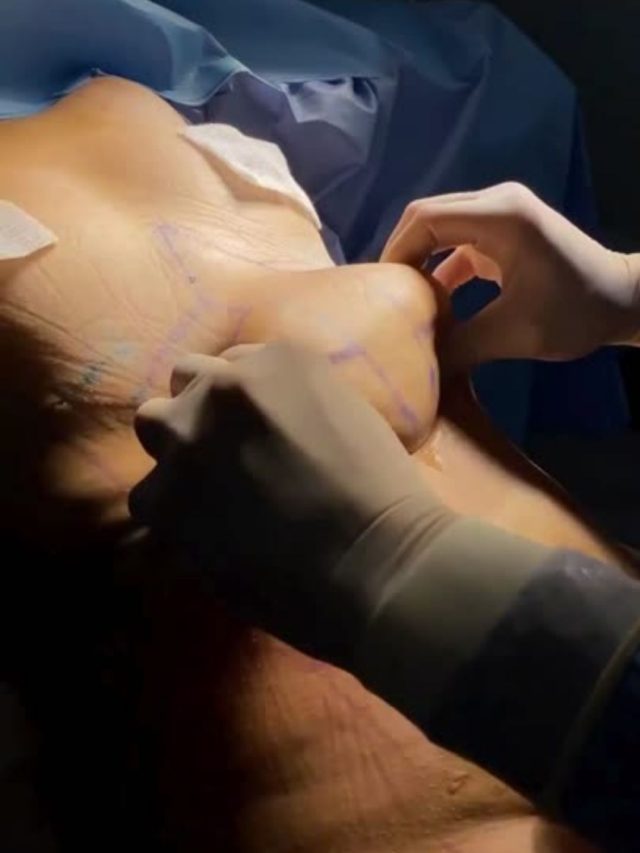Abdominoplasty in Turkey
If you’re considering abdominoplasty in Turkey, it’s essential to approach the decision with careful planning and research. Here’s a comprehensive guide to help you navigate the process:
The Ultimate Guide to Abdominoplasty in Turkey: What You Need to Know
If you’re considering an abdominoplasty (tummy tuck) and have set your sights on Turkey, you’re in good company. Turkey has become a major hub for medical tourism, offering high-quality cosmetic surgery at competitive prices.
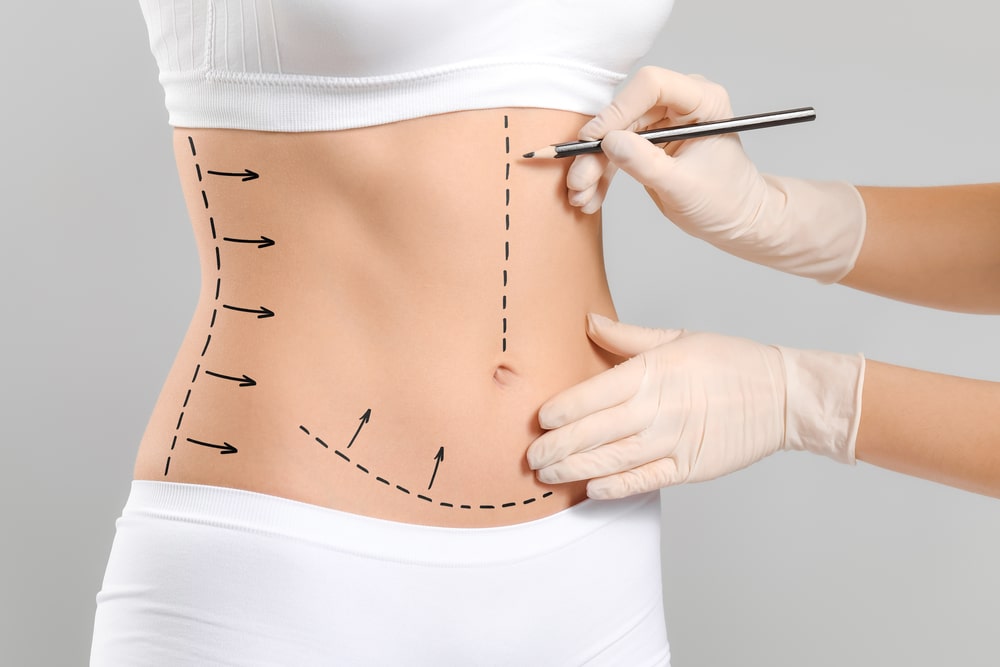
A Comprehensive Guide to Abdominoplasty: Transforming Your Tummy
Abdominoplasty, commonly known as a tummy tuck, is a popular cosmetic procedure designed to remove excess skin and fat from the abdomen while tightening the underlying muscles.
What Is Abdominoplasty?
Abdominoplasty is a surgical procedure that aims to create a smoother, firmer abdominal profile. It typically involves:
- Removal of Excess Skin: Excess skin and fat are removed from the abdominal area.
- Muscle Tightening: The abdominal muscles are tightened to restore a flatter appearance.
- Repositioning of the Belly Button: If necessary, the belly button is repositioned to fit the new contour.
There are different types of abdominoplasty, including:
- Full Abdominoplasty: Involves a larger incision and more extensive contouring.
- Mini Abdominoplasty: Focuses on the lower abdomen and involves a smaller incision.
- Extended Abdominoplasty: Includes additional contouring of the flanks and thighs.
Who Is a Good Candidate?
Abdominoplasty is suitable for individuals who:
- Have Excess Abdominal Skin or Fat: Often due to weight loss, pregnancy, or aging.
- Are in Good Health: Candidates should be in good overall health and at a stable weight.
- Have Realistic Expectations: Understand that while the surgery can improve appearance, it will not result in a perfect body.
What to Expect Before the Surgery
Initial Consultation:
- Discuss Goals: Talk about your goals and expectations with your surgeon.
- Medical History: Provide a detailed medical history and discuss any existing conditions or medications.
- Examination: Your surgeon will examine your abdomen and discuss the best approach for your needs.
Pre-Operative Instructions:
- Avoid Smoking: Smoking can impair healing and increase complications.
- Medication Adjustments: Follow instructions regarding medications and supplements.
- Prepare for Recovery: Arrange for help during your recovery period and stock up on essentials.
The Procedure
What to Expect:
- Anesthesia: Abdominoplasty is performed under general anesthesia.
- Surgical Process: The procedure involves making incisions, removing excess skin and fat, and tightening muscles.
- Duration: The surgery usually takes 2 to 5 hours.
Post-Operative Care:
- Recovery Room: You will be monitored in a recovery room before being moved to a hospital room or sent home.
- Compression Garments: You’ll need to wear compression garments to support healing.
- Pain Management: Expect some discomfort, which will be managed with prescribed medications.
Recovery and Aftercare
Immediate Recovery:
- Hospital Stay: Some patients stay in the hospital for a day or two, while others may go home the same day.
- Wound Care: Keep the surgical area clean and dry, and follow your surgeon’s instructions for wound care.
Home Care:
- Activity Restrictions: Avoid strenuous activities and heavy lifting for several weeks.
- Follow-Up Appointments: Attend follow-up visits to monitor healing and address any concerns.
Long-Term Care:
- Healthy Lifestyle: Maintain a healthy diet and exercise regimen to preserve your results.
- Scarring: Scarring will fade over time, but you should follow all instructions to minimize it.
Abdominoplasty Costs in Turkey: What You Need to Know
If you’re considering an abdominoplasty (tummy tuck) in Turkey, you’re likely attracted by the promise of high-quality cosmetic surgery at a more affordable price. Turkey has become a top destination for medical tourism, offering state-of-the-art facilities and skilled surgeons at a fraction of the cost you might expect elsewhere.
Understanding Abdominoplasty Costs in Turkey
Average Price: The cost of abdominoplasty in Turkey typically ranges from $2,500 to $5,000. This is significantly lower than the average price in Western countries, where it can range from $6,000 to $12,000 or more.
Abdominoplasty Costs in Turkey vs. Other Countries: A Comparative Guide
If you’re considering abdominoplasty (tummy tuck) and are weighing options between Turkey and other countries, understanding the cost differences can be crucial. Turkey has become a popular destination for cosmetic surgery due to its affordability and high-quality care.
Abdominoplasty Costs in the United States
- Price Range: In the United States, abdominoplasty typically costs between $6,000 and $12,000. This price often includes the surgery, anesthesia, and a hospital stay but may not always cover additional expenses like post-operative care.
Abdominoplasty Costs in Europe
- Price Range: In European countries, the cost of abdominoplasty varies widely, typically ranging from $4,000 to $8,000.
Abdominoplasty Costs in Asia
- Price Range: In countries like India, Thailand, and Malaysia, abdominoplasty costs typically range from $3,000 to $6,000.
Choosing to undergo abdominoplasty is a significant decision that involves not only financial considerations but also concerns about quality and safety. Turkey offers a compelling option with its affordable prices and high standards of care, but it’s important to compare it with other countries to find the best fit for your needs.
Frequently Asked Questions
What is abdominoplasty (tummy tuck)?
Abdominoplasty, commonly known as a tummy tuck, is a cosmetic surgery procedure aimed at removing excess skin and fat from the abdomen. It often involves tightening the muscles in the abdominal wall to create a firmer, smoother appearance.
Why is Turkey a popular destination for abdominoplasty?
Turkey is known for offering high-quality cosmetic surgery at more affordable prices compared to Western countries. The country boasts modern clinics, experienced surgeons, and excellent medical care, making it a popular destination for medical tourism.
What are the costs of abdominoplasty in Turkey?
The cost of a tummy tuck in Turkey typically ranges from $2,500 to $5,000, depending on the clinic, surgeon’s experience, and the specifics of the procedure. This price is often significantly lower than in countries like the US or the UK.
Are Turkish clinics safe for abdominoplasty?
Yes, many clinics in Turkey are accredited by international bodies and meet high standards of care. It’s crucial to research the clinic and surgeon before the procedure, looking for certifications, patient reviews, and qualifications.
How long is the recovery period for abdominoplasty?
The recovery period typically lasts between 4 to 6 weeks. Patients can usually return to work in 2-4 weeks, but strenuous activities should be avoided for at least 6 weeks.
How long do I need to stay in Turkey after the surgery?
Patients are usually advised to stay in Turkey for 7 to 10 days after the surgery for post-operative care and follow-up appointments with the surgeon.
Are there any risks involved in abdominoplasty?
Like any surgery, abdominoplasty carries some risks, including infection, bleeding, scarring, and anesthesia complications. However, these risks can be minimized by choosing a qualified surgeon and following post-op care instructions.
Do Turkish clinics offer all-inclusive packages?
Yes, many clinics offer all-inclusive packages that cover the surgery, accommodation, airport transfers, and post-op care. These packages are popular among international patients.
Can I combine abdominoplasty with other surgeries in Turkey?
Yes, many patients opt to combine a tummy tuck with other procedures like liposuction, breast augmentation, or a Brazilian Butt Lift (BBL) for a more comprehensive body contouring result.
Do I need a visa for medical tourism in Turkey?
Most tourists can enter Turkey with an e-visa or a visa-free entry, depending on their nationality. It’s essential to check Turkey’s visa requirements before traveling.
Will language be a barrier?
Most clinics that cater to international patients have English-speaking staff. Additionally, some clinics offer interpreters for other languages to ensure smooth communication.
What should I look for when choosing a clinic?
When selecting a clinic, research the surgeon’s qualifications, clinic accreditations, patient reviews, before-and-after photos, and the level of post-op care offered.

